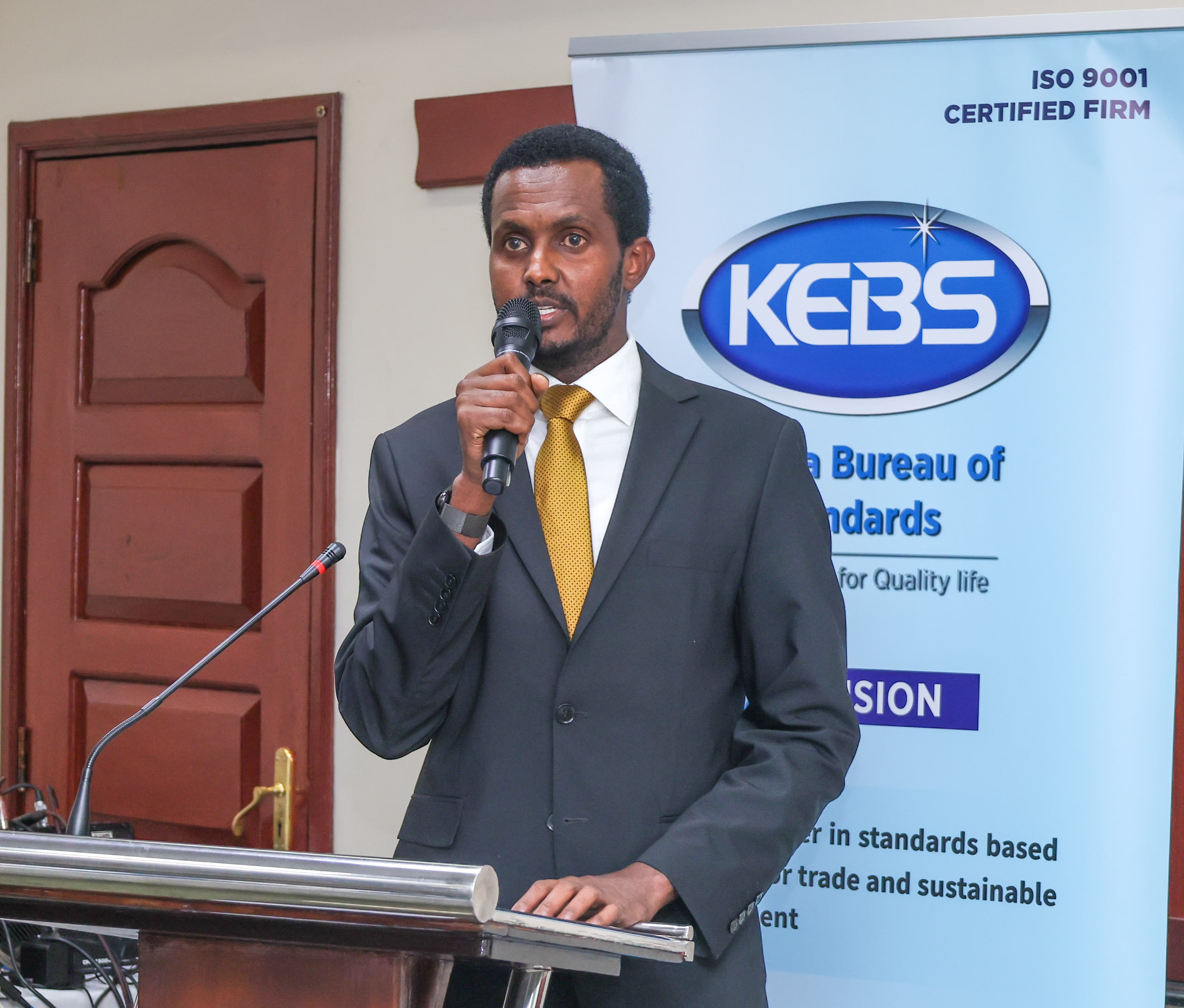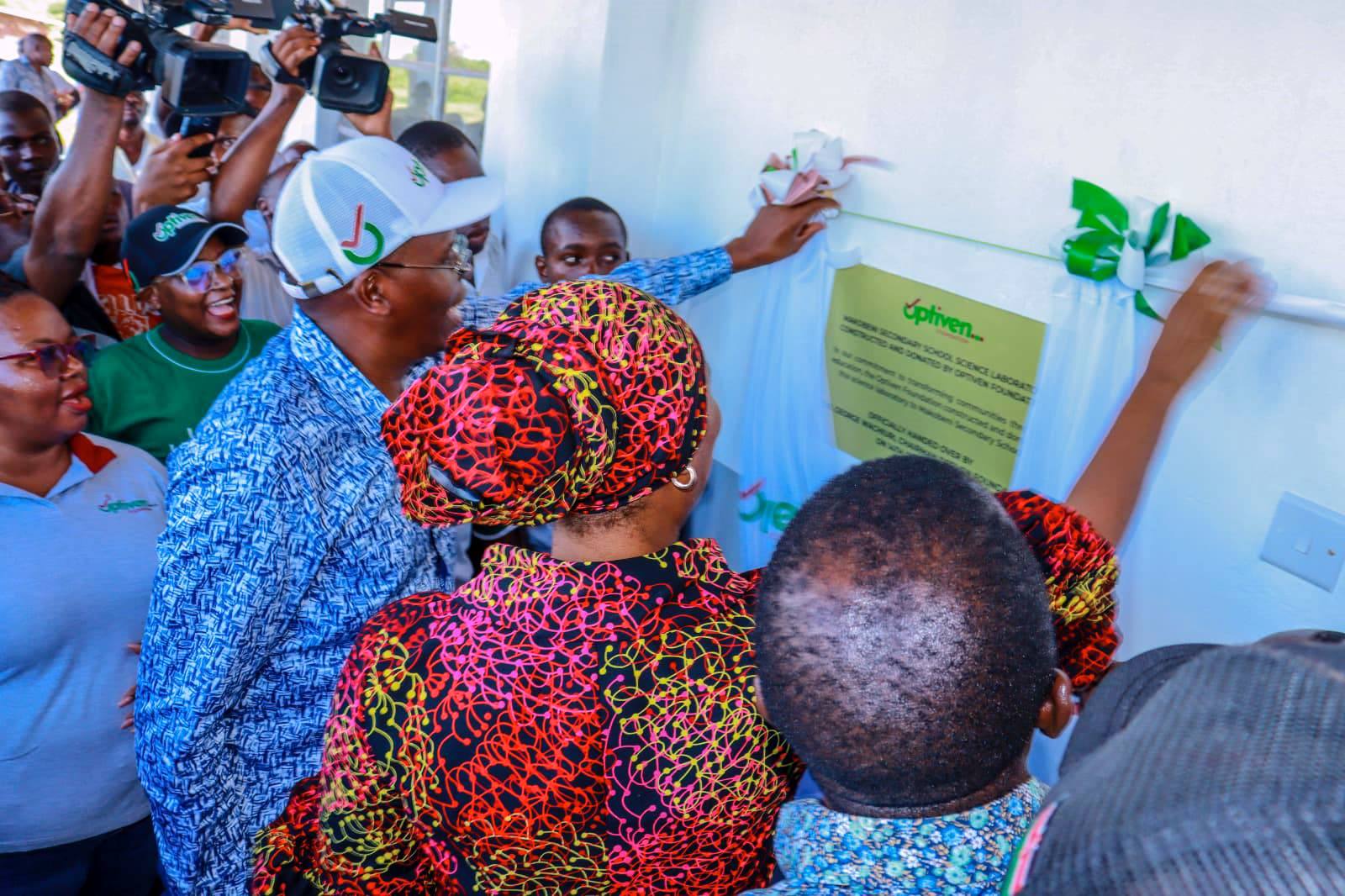By Njeri Irungu,
12/11/2025
 Nairobi, Kenya
Nairobi, Kenya
The Kenya Bureau of Standards (KEBS) on Wednesday convened a public awareness forum on the Standards (Standards Levy) Order, 2025, at a Nairobi hotel,bringing together manufacturers, traders, and members of the public to deliberate on the country’s updated levy framework.
The event, held as part of KEBS’ ongoing sensitization efforts, marked a significant step in modernizing Kenya’s standards and consumer protection regime. The new levy order, which came into effect on August 8, 2025, replaces the long-standing 1990 Standards Levy Order, aligning Kenya’s regulatory framework with current industrial realities.
KEBS Managing Director Esther Ngari, who was represented by Mohammed Adan, the Director of Finance and Strategy, emphasized in her written speech that the review was necessary to reflect the rapid technological, economic, and policy changes that have shaped Kenya’s manufacturing sector over the past three decades.
“We gather not just to discuss a document, but to engage in a critical dialogue that will help shape the future of standards in our nation,” Ms. Ngari said. “The proposed framework embodies our collective commitment to ensuring that the standards we uphold meet the needs and aspirations of every Kenyan.”
Mr. Adan, delivering the speech on behalf of Ms. Ngari, explained that the new levy structure introduces a fairer and more inclusive approach to support small and medium-sized enterprises (SMEs). Under the revised order, manufacturers with an annual turnover of KSh 5 million and below are exempt from paying the standards levy, while those earning above that threshold will pay 0.2 percent of their annual turnover, capped at KSh 4 million per year.
He noted that the previous levy framework had neither lower limits nor exemptions, with an upper ceiling of KSh 400,000 — a structure that no longer matched Kenya’s economic scale or manufacturing realities.
“This revision was long overdue,” Mr. Adan stated. “KEBS is a non-profit government agency mandated to ensure product quality and consumer safety. The cost of maintaining infrastructure such as testing and calibration facilities has risen, and the new framework ensures we remain sustainable while supporting industrial growth.”
He further revealed that the changes are expected to benefit over 35,000 small businesses, which will now be exempt from the levy, freeing up resources for growth and innovation.
“Think of it as investing in infrastructure — it may appear costly initially, but the long-term returns are immense,” he added. “These reforms will strengthen consumer protection, promote quality assurance, and make Kenyan products more competitive regionally and internationally.”
The new levy order was developed following extensive consultations with key stakeholders, including the Kenya Association of Manufacturers, county governments, and independent producers. It also aligns with the Bottom-Up Economic Transformation Agenda (BETA) by easing the compliance burden on micro and small enterprises.
KEBS South Rift Regional Manager Eng. Josephat Bangi also underscored the importance of continued dialogue and public awareness to ensure that all stakeholders understand the benefits and obligations of the new order.
The Standards Levy Order, 2025, is anchored on Article 46 of the Constitution of Kenya (2010), which mandates consumer protection, and reinforces KEBS’ mission to promote fair trade, safety, and quality.
“This process transcends KEBS,” Ms. Ngari concluded in her written statement. “It is a vision crafted by the people of Kenya, for the benefit of all Kenyans. Together, we can build a nation where quality, safety, and innovation define our progress.”



